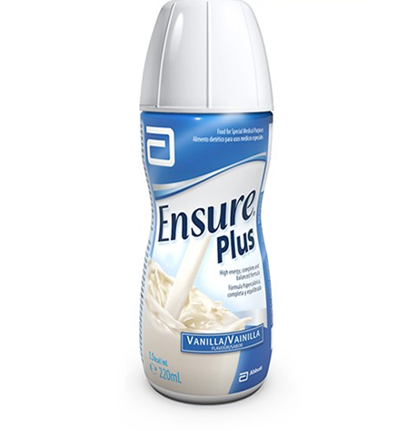

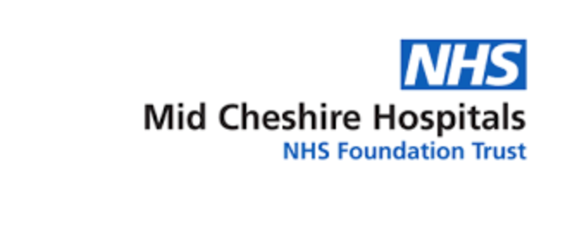
Nutrition & Surgery
Dietry advice to support you through your operation and recovery
Bowel Cancer UK Publication - Eating Well
Contact Details
Lisa Burns - Colorectal ERAS Dietitian
Monday - Friday 08:30-16:30
01270 612213
•You will have a nutritional assessment over the telephone by your specialist Dietitian to identify if you are at any nutritional risk
•You will be asked to take Preload, a carbohydrate loading drink, prior to surgery (Not suitable in Diabetes). It moderates your metabolic response to surgery and can help to improve surgical outcomes.
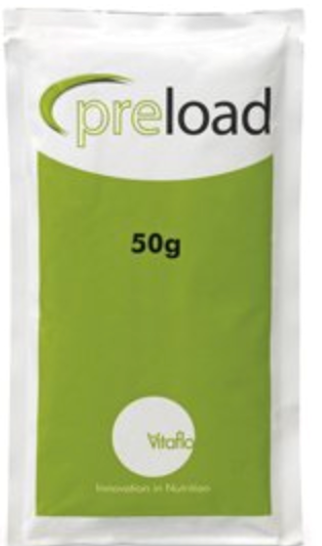
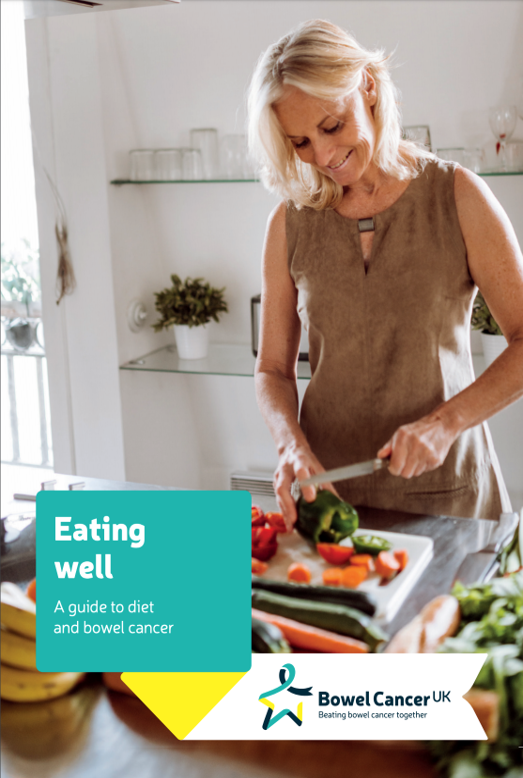
•A healthy balanced diet and maintaining a stable weight in order to prepare you for surgery is encouraged.
•Your meals and snacks should include a balance of protein, carbohydrate and fruit and vegetables.
•Eating a balanced diet will ensure you have the right nutrients to optimise your recovery from surgery, help you fight infection and promote wound healing.
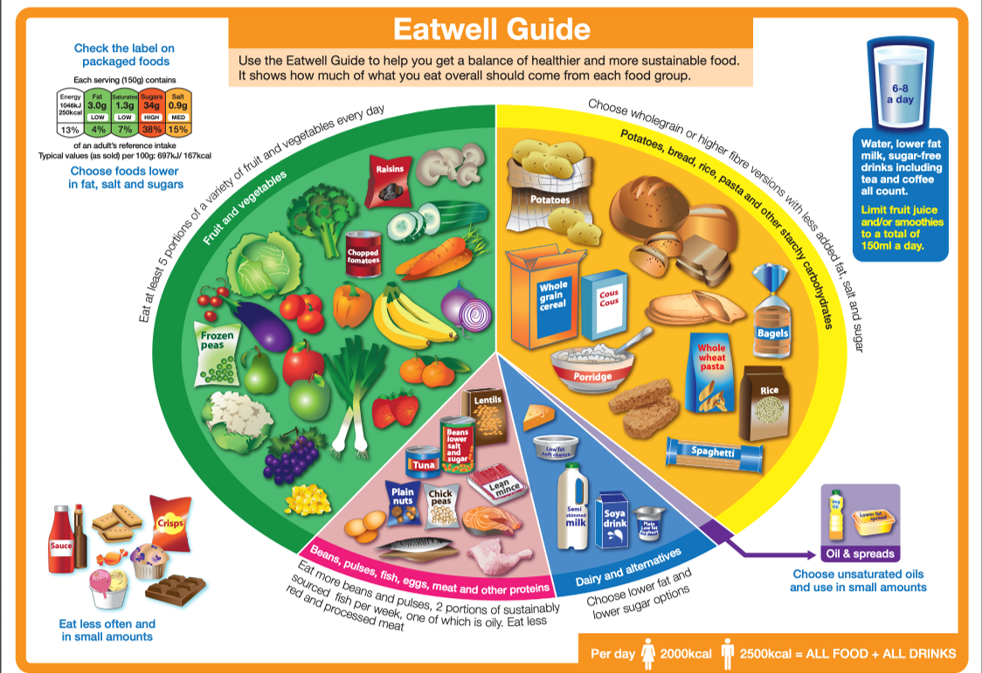
•Protein is essential for growth and repair and promotes wound healing after surgery.
•You should aim to include a protein source at every meal eg. meat, poultry, fish, eggs, dairy products, beans, pulses, tofu, soya products, and nuts.
•Red meat should be limited to no more than 3 portions/week.
•Aim to avoid processed meats.

•Carbohydrates are the bodies main energy source.
•You should include a starchy carbohydrate source at every meal eg. cereal, bread, rice, potatoes, pasta, cous cous, noodles, crackers and oatcakes.
•Aim to choose wholegrain varieties unless you have been advised to follow a low fibre diet.
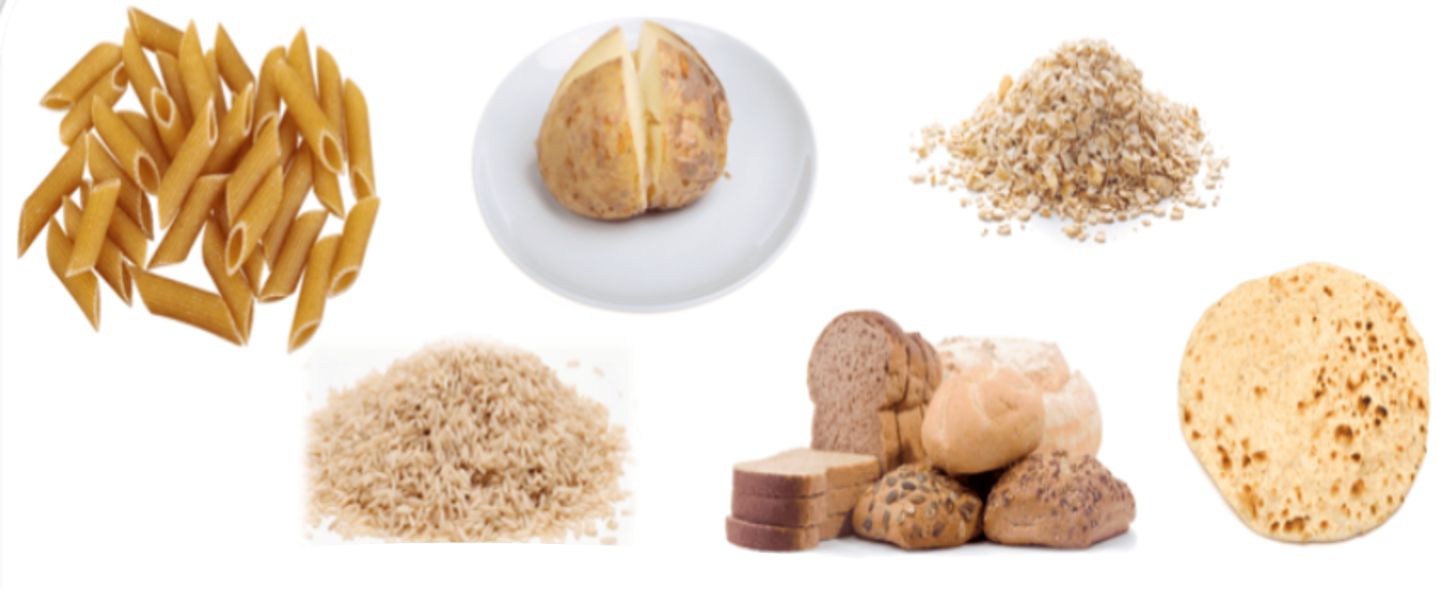
•You may be asked to follow a low fibre diet prior to surgery to reduce the risk of blockage.
•You will be provided with the "Modifying your Dietary fibre" dietary booklet and contacted by your specialist Dietitian to give advice tailored to you.
•It is very important to drink plenty of fluids while following a low fibre diet ie. 8-10 glasses per day
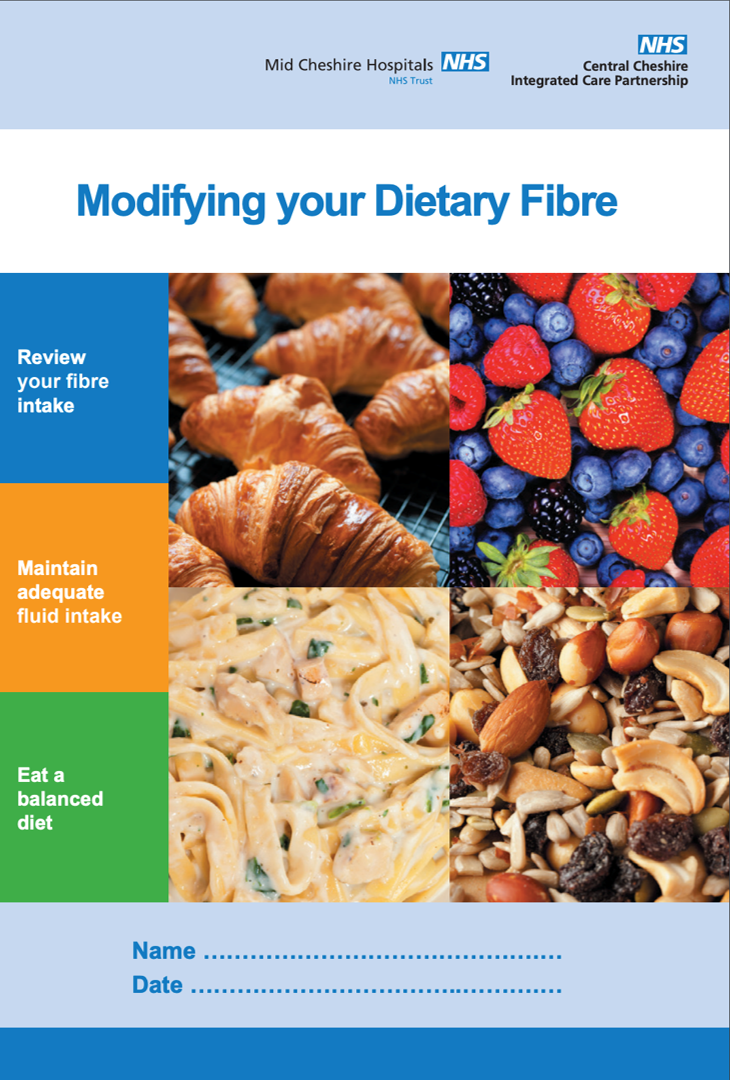
•Fruit and vegetables are a good source of vitamins and minerals which are key in promoting would healing after surgery.
•Aim for 5-a-day of a variety of fruit and vegetables. Fresh, frozen, tinned (in own juices), or dried options are all suitable.
•If you are experiencing wind or bloating, it may help to limit certain fruit and vegetables. Certain fruit and vegetables also need to be avoided if following a low fibre diet. Please speak to your Dietitian for support.
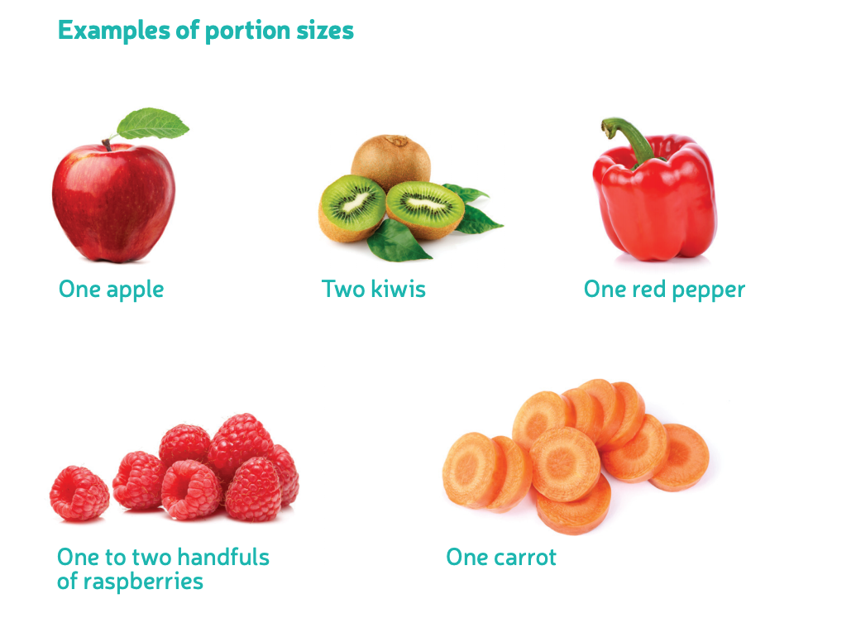
•Rapid weight loss prior to surgery can reduce your reserves and impact on your recovery after surgery.
•You will be advised to increase your energy and protein intake in an approach which may feel the opposite of healthy eating advice. This is
appropriate in the short term in order to minimise further weight loss/promote weight gain to prepare you for your surgery.
•Oral nutritional supplements can be used if you are really struggling with your dietary intake.
•You will be provided with "Making the most of your food" dietary booklet and supported by your specialist Dietitian.
- In the early days and weeks after your surgery you can expect to slowly introduce fibre back into your diet dependent on your bowel motions.
- Oral nutritional supplement drinks are part of your post surgery prescription to support you until return of sufficient oral nutrition. They are a vital part of early post surgery nutrition which is a key element of ERAS.
- On discharge during the rehab phase you will have telephone support from your specialist Dietitian for;
- Symptom specific dietary advice eg. diarrhoea, wind & bloating, constipation, high output stomas.
- Nutritional optimisation throughout any further treatment.
